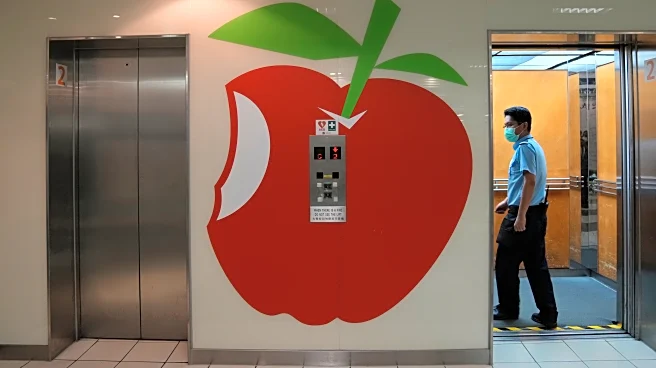Rapid Read • 8 min read
Recent research from the Institute for Family Studies indicates that millennials who married in the 2010s are experiencing lower divorce rates compared to previous generations. However, this trend is accompanied by a decline in marriage rates overall, as many young adults opt out of marital unions. This shift is part of a broader change in traditional markers of adulthood, including homeownership. Despite three-quarters of millennials viewing homeownership as part of the American Dream, fewer young adults own homes today. Factors such as the Great Recession's impact, student loan debt, and changing priorities post-COVID are influencing these trends. Millennials are prioritizing careers and independence over traditional paths like marriage and homeownership.
AD
The evolving concept of the American Dream among millennials and Gen Z has significant implications for U.S. society and economy. Lower marriage and homeownership rates could affect industries related to real estate and consumer goods, as well as societal norms around family and stability. The shift towards prioritizing career and flexibility may lead to changes in workforce dynamics, with potential impacts on job markets and economic growth. Additionally, the financial burden of student loans continues to shape decisions around education and career paths, influencing the future of higher education institutions.
As Gen Z enters adulthood, there is potential for a resurgence in marriage rates, albeit with a modern twist that emphasizes stability and flexibility. This could lead to new societal norms and economic opportunities, particularly in industries catering to young families. Universities may need to adapt to changing attitudes towards education, potentially revising tuition models or offering more career-oriented programs. Real estate markets might also see shifts as younger generations redefine homeownership and living arrangements.
The changing American Dream reflects deeper cultural shifts, including the value placed on personal fulfillment and work-life balance. These trends may lead to long-term changes in societal structures, such as the role of traditional family units and the importance of community support systems. Ethical considerations around affordability and access to education and housing are likely to become more prominent in public policy discussions.
AD
More Stories You Might Enjoy











